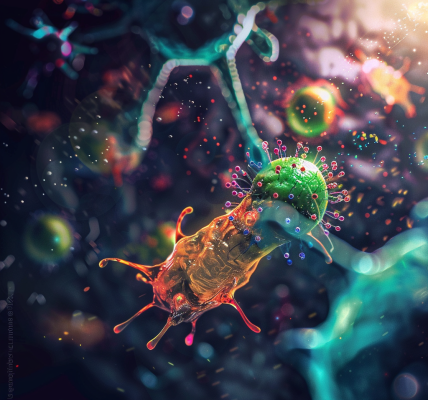A recent study published in Nature Human Behaviour has shed light on the causal relationship between mental well-being and healthy aging. The research, conducted by Chao-Jie Ye and a team of researchers, utilized genetic instruments to analyze the impact of mental well-being on aging.
The study focused on various dimensions of mental well-being including life satisfaction, positive affect, neuroticism, and depressive symptoms. By examining data from genome-wide association studies, the researchers were able to determine that better mental well-being was associated with a higher aging phenotype, independent of socioeconomic factors.
Specifically, the findings revealed that individuals with higher levels of mental well-being tended to exhibit greater resilience, better self-rated health, increased healthspan, and longer parental lifespan. These positive effects were observed even after adjusting for income, education, and occupation.
Moreover, the study employed Mendelian randomization mediation analyses to identify potential mediators between mental well-being and healthy aging. Out of 106 candidates, 33 were identified as playing a role in mediating the relationship.
This research provides valuable insights into the importance of mental well-being in promoting healthy aging. By understanding the causal impact of mental well-being on aging, individuals and healthcare professionals can prioritize strategies to enhance mental well-being as a means of supporting overall health and longevity.





